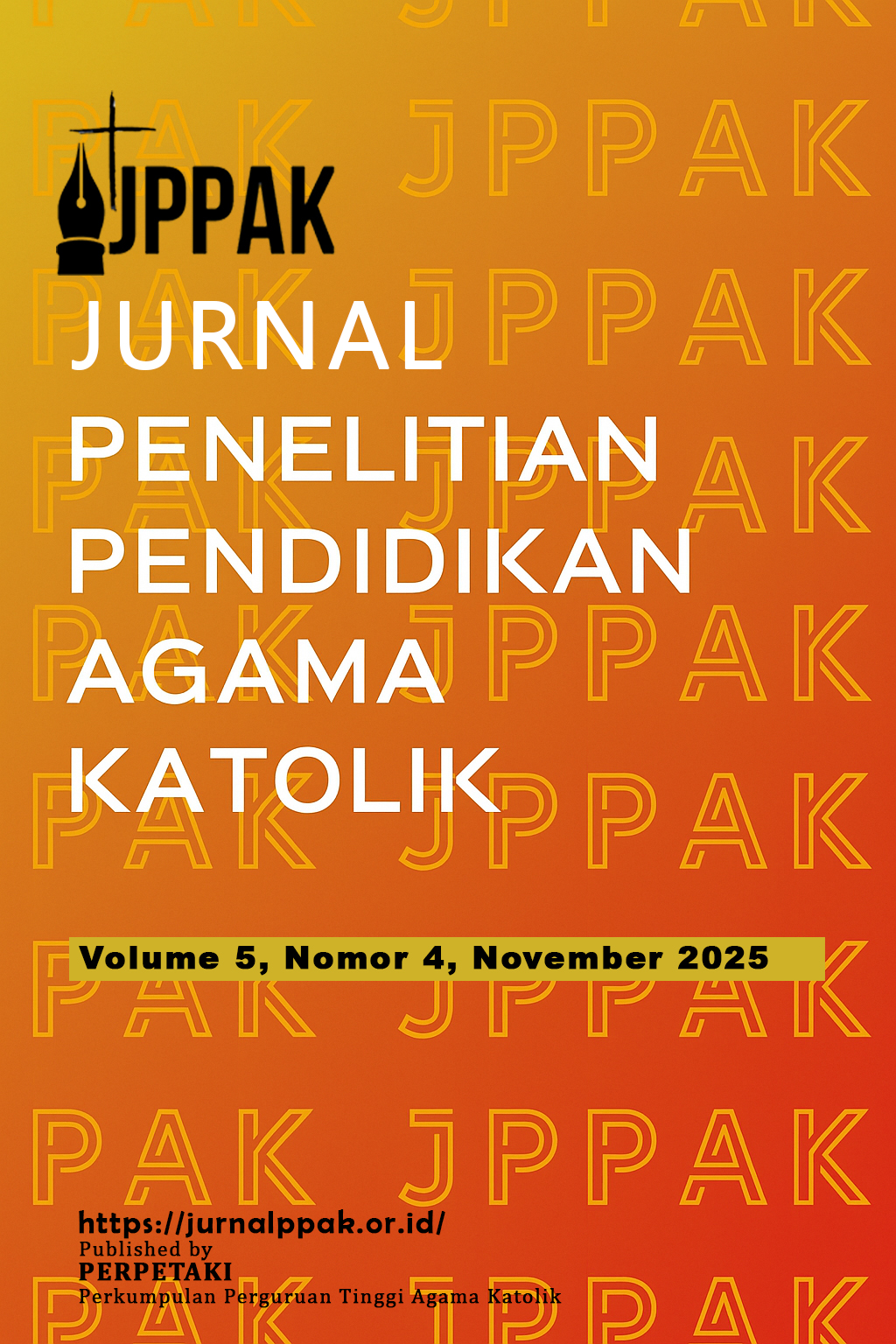"Case Analysis of Human Trafficking: Timorese Migrant Workers in Malaysia Based on Eleanor Roosevelt's Approach to Human Rights."
DOI:
https://doi.org/10.52110/jppak.v5i4.299Keywords:
Human trafficking Migrant workers Human rights Eleanor Roosevelt MalaysiaAbstract
Here is the English translation of your text:
This study aims to analyze a human trafficking case involving Timorese migrant workers in Malaysia using the human rights approach developed by Eleanor Roosevelt. This approach emphasizes the importance of protecting, respecting, and fulfilling the fundamental rights of every individual, particularly those in vulnerable positions. In this study, a qualitative research method is employed with a case study approach, which includes document analysis, in-depth interviews with stakeholders, and participatory observation of the conditions of the migrant workers.
The research findings indicate that Timorese migrant workers often fall victim to various forms of exploitation, such as forced labor, inhumane working conditions, unfair wages, and minimal legal protection from both the sending and receiving countries. This situation reflects a serious violation of the fundamental principles of human rights.
This study makes an important contribution to uncovering the ongoing dynamics of human trafficking in Southeast Asia, particularly targeting migrant labor groups. Furthermore, the findings provide several policy recommendations, including the need for stronger bilateral agreements between labor-sending and labor-receiving countries, increased oversight of recruitment agencies, and human rights education for prospective migrants. Thus, it is hoped that the protection of Timorese migrant workers can be significantly improved.
Downloads
##submission.downloads##
Submitted
Accepted
Published
How to Cite
Issue
Section
License
Copyright (c) 2025 Hendrik Fahik, Yohanes I Wayan Marianta, Kunibert Janson Seran

This work is licensed under a Creative Commons Attribution-ShareAlike 4.0 International License.
Copyright Notice and Permissions
Jurnal Penelitian Pendidikan Agama Katolik offers immediate open access to all its content on the principle to make researches freely available to the public, especially to the scholars, to support greater global exchanges of knowledge. This journal encourages all scholarly authors to allow their research openly available, free access and without time restrictions.
All articles published Open Access will be immediately and permanently free for everyone to read and download. Under the CC BY-SA 4.0 license, authors retain ownership of the copyright for their article, however authors grant others permission to use the content of publications in Jurnal Penelitian Pendidikan Agama Katolik (JPPAK) in whole or in part provided that the original work is properly cited. Users (redistributors) of Jurnal Penelitian Pendidikan Agama Katolik (JPPAK) are required to cite the original source by including at least: the full title of the article, the author's or authors' full name(s), JPPAK as the initial source of publication, year of publication and volume number using a propriate citing method.
Copyright encompasses exclusive rights to reproduce and deliver the article in all form and media, including reprints, photographs, microfilms and any other similar reproductions, as well as translations. The reproduction of any part of this journal, its storage in databases and its transmission by any form or media, such as electronic, electrostatic and mechanical copies, photocopies, recordings, magnetic media is prohibited without consent of Jurnal Penelitian Pendidikan Agama Katolik (JPPAK).
Jurnal Penelitian Pendidikan Agama Katolik (JPPAK) is licensed under a Creative Commons Attribution Share-Alike 4.0 International. (CC BY-SA 4.0)
Authors who publish with Jurnal Penelitian Pendidikan Agama Katolik (JPPAK) agree to the following terms:
- Authors retain copyright and grant the journal right of first publication with the work simultaneously licensed under a Creative Commons Attribution Share-Alike 4.0 International (CC BY-SA 4.0) license that allows others to share the work with an acknowledgement of the work's authorship and initial publication in this journal.
- Authors are able to enter into separate, additional contractual arrangements for the non-exclusive distribution of the journal's published version of the work (e.g., post it to an institutional repository or publish it in a book), with an acknowledgement of its initial publication in this journal.
- Authors are permitted and encouraged to post their work online (e.g., in institutional repositories or on their website) after the publication on JPPAK, as long as it not published on other OJS for it will be treated as plagiarism by plagiarism checker apps. It can lead to productive exchanges, as well as earlier and greater citation of published work (See The Effect of Open Access).












